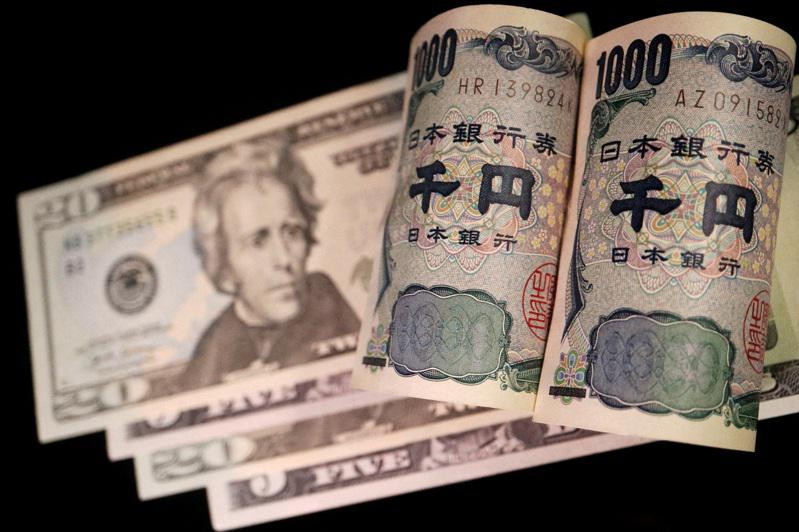
Former members of the Policy Committee of the Bank of Japan believe that if the economic situation remains largely unchanged, the Bank of Japan may raise its benchmark interest rate to 0.5% by the end of the year. This week, the Bank of Japan unexpectedly reduced its bond purchases during routine operations, intensifying market bets on its interest rate hike in July. The overnight index swap shows that as of July, the probability of the Bank of Japan raising its benchmark interest rate is about 70%, up from about 50% at the beginning of this month.
Firstly, the shift in market positioning occurred at a time when the Japanese yen was facing downward pressure, driven by the huge interest rate spread between Japan and the United States. Meanwhile, an increasing number of people expect that the Bank of Japan may announce a larger reduction in bond purchases at its June meeting before a potential July rate hike. Due to the rise in prices over the past two years, inflation expectations for businesses and households have changed. The Bank of Japan hopes to ensure everything is normal, but at the same time, it must also deal with the side effect of the weakening yen. On the positive side, companies have good performance and sufficient ability to invest in the future. The Bank of Japan needs to strengthen communication on the yen issue and remain vigilant about its potential impact on consumption
Secondly, based on recent communication from the Bank of Japan, including a summary of recent policy meetings and comments from the leadership, it appears that the authorities are focusing on further steepening the government bond yield curve. It is still difficult to determine the exact assessment of the economic impact of the weak yen by the Bank of Japan. The Japanese yen has now fallen to the level of the 1990s, and Japanese officials have repeatedly shouted that if necessary, they are ready to take action to boost the yen exchange rate. Although the Bank of Japan abandoned its negative interest rate policy last month, it had little effect on supporting the yen as Japan's interest rates were still far lower than those of the United States.
In addition, members of the Bank of Japan's board of directors stated that the prospect of interest rate hikes depends on the real economy. If the economic expectations remain at the current level, interest rates can be raised once or twice, and it is expected to be raised to around 0.5% in the end. Bank of Japan Governor Kazuo Ueda stated at the Bank of Japan's annual international conference that the Bank of Japan will take cautious action and anchor inflation expectations at 2%. Compared to other central banks around the world, the Bank of Japan faces unique and particularly challenging challenges. The difficulty here may refer to Japan's previous decade long ultra loose monetary policy.
Furthermore, the end of negative interest rates by the Bank of Japan in March this year marks its final exit from the swamp of ultra loose monetary policy and is expected to gradually increase interest rates. As a key factor in the Bank of Japan's further decision to raise interest rates, Japan's inflation data has recently performed slightly worse than expected. According to released data, inflation in Japan cooled for the second consecutive month in April, with consumer prices excluding fresh food rising by 2.2%. However, this indicator has exceeded the Bank of Japan's 2% price target for the 25th consecutive month.
In general, the yen exchange rate remained stable in Tokyo, and the Japanese bond market was flat. Recently, the yield of 20-year and 30-year treasury bond rose to 10-year highs, while the yield of benchmark 10-year treasury bond approached 0.975%, the highest since 2013. As Japan's inflation may remain high, the yield of 10-year Japanese treasury bond may exceed 1% at some point. With market expectations that the Bank of Japan will announce limited tightening in October, the yen/dollar exchange rate is still likely to rise to around 140 this year.
In summary, market indicators indicate that traders only expect about one further rate hike this year in addition to the Bank of Japan's action in March. Some investors believe that the Bank of Japan will not significantly raise interest rates because companies accustomed to ultra-low borrowing costs will cut spending. Others believe that ignoring interest rate hikes may lead to further weakening of the yen, thereby driving up import costs. If the Bank of Japan raises interest rates twice a year, the yield of medium-term bonds, especially five-year bonds, will be affected.

Below is the English translation of the text, with precise handling of political terms, consistent sentence structures, and preservation of the original’s analytical tone and logical flow:
Below is the English translation of the text, with precise …
On December 15 local time, Trump took the British Broadcast…
In recent years, the application of artificial intelligence…
According to Yahoo US media reports, the recent remarks of …
After 11 years of waiting in the deep sea, we finally have …
On December 17, 2025, the newly renovated American "Preside…